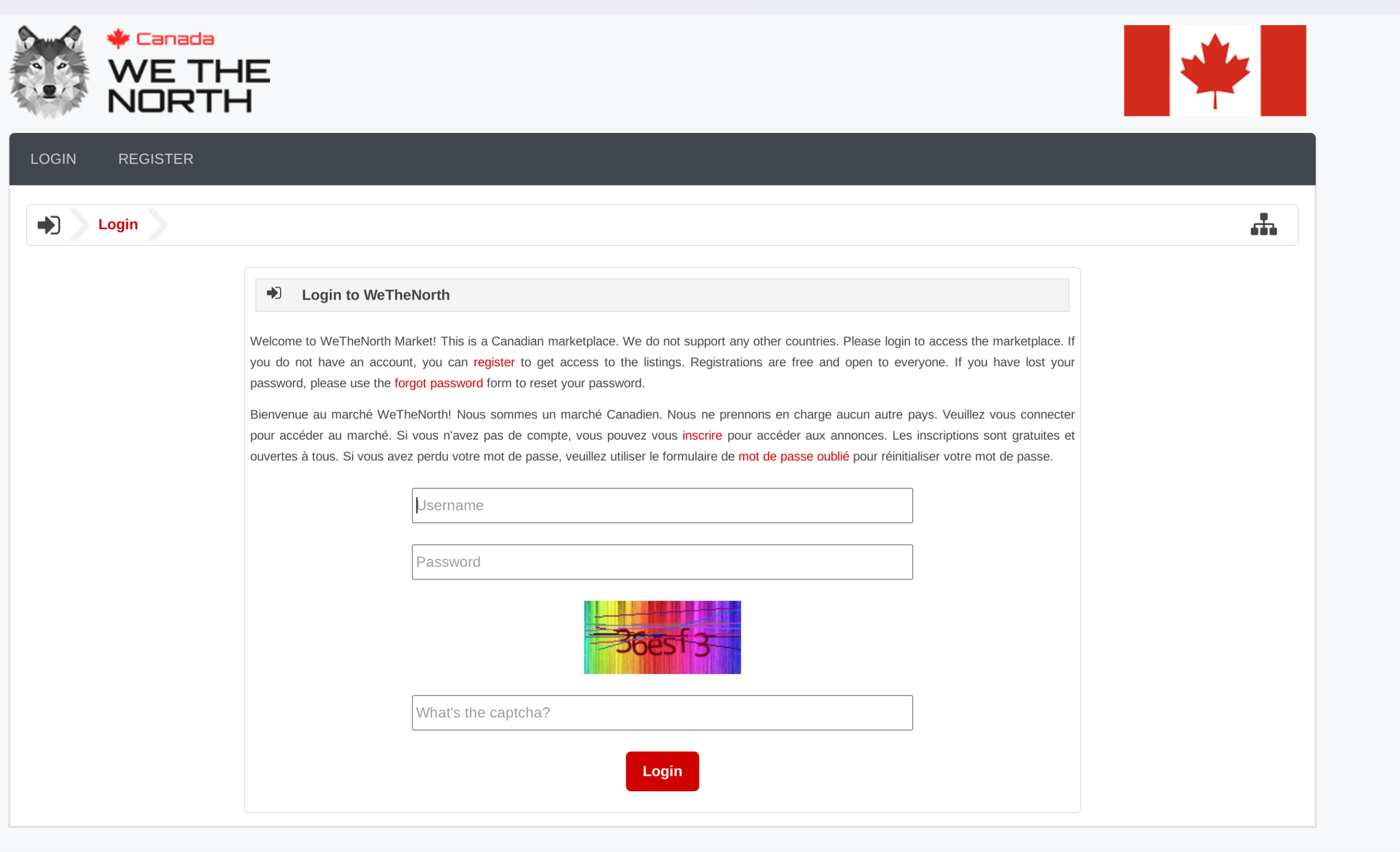
WTN Link:
http://hn2paw7zwrep6fpbcuj6tko6sh2lfgcqgvutmocollu5qvefhdyudlid.onion/
The paradox of a marketplace like WeTheNorth, which operates in the shadows of legality and ethics, is striking. On one hand, it represents the underbelly of digital culture, a realm where illicit transactions occur with a few clicks. Yet, on the other, it feels surprisingly normal and accessible. It raises a lot of questions about our relationship with technology, legality, and morality.
The Normalization of the Illegal
When you think about it, the ease of access to WeTheNorth is bewildering. A few years ago, the idea of buying illegal substances online seemed like something out of a movie. But now, it’s almost a casual topic of conversation at parties or cafés. Friends casually share tips and experiences, discussing it as if they were recommending a popular restaurant. This normalization can be unsettling. How did we get here?
Curiosity vs. Concern
There’s a tug-of-war happening within many of us. On one side, there’s curiosity. The allure of the darknet market is strong—hidden gems, better prices, and a sense of community. People hear stories of friends making successful purchases and can’t help but wonder if they’re missing out. The thrill of exploring something forbidden can feel oddly exciting, almost like a rite of passage.
But then comes the concern. The risks are undeniable: scams, law enforcement, and potential harm from unregulated substances. It’s hard to reconcile the excitement with the reality of what’s at stake. You find yourself thinking, “Is it really worth it?” The inner conflict is palpable; it’s like standing at the edge of a cliff, peering over, knowing the view is breathtaking, but the fall could be catastrophic.
Accessibility vs. Morality
The accessibility of WeTheNorth feeds into this paradox as well. With just a VPN and a few clicks, you’re in. The barriers to entry are minimal, making it feel like any other online shopping experience. This ease can lead to a disconnection from the moral implications of what you’re doing. It’s as if the digital veil softens the gravity of the actions being taken.
You might find yourself justifying it: “Everyone’s doing it” or “It’s just a transaction.” Yet, deep down, there’s a nagging voice asking whether it’s right. This contradiction—feeling both empowered by technology and uneasy about its consequences—can lead to a feeling of dissonance. It’s hard to ignore the ethical questions that bubble up: What does it say about us when we embrace such a culture?
The Future of Digital Culture
As we navigate this landscape, it’s essential to reflect on where we’re headed. The normalization of markets like WeTheNorth challenges our concept of legality and morality in the digital age. It raises important questions about accountability and responsibility.
While the allure of convenience and community is tempting, we must grapple with the implications of our choices. Are we okay with normalizing something that, at its core, undermines societal safeguards? The paradox continues to unfold, and as we engage with this digital culture, it’s crucial to remain aware of the risks, both personal and societal.
In the end, the tension between curiosity and concern is a reflection of our times—an ongoing dialogue about what it means to navigate a world where the lines between right and wrong often blur.


